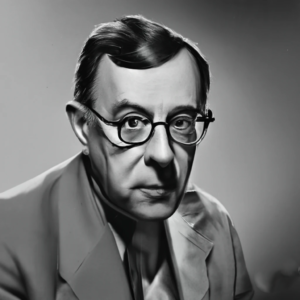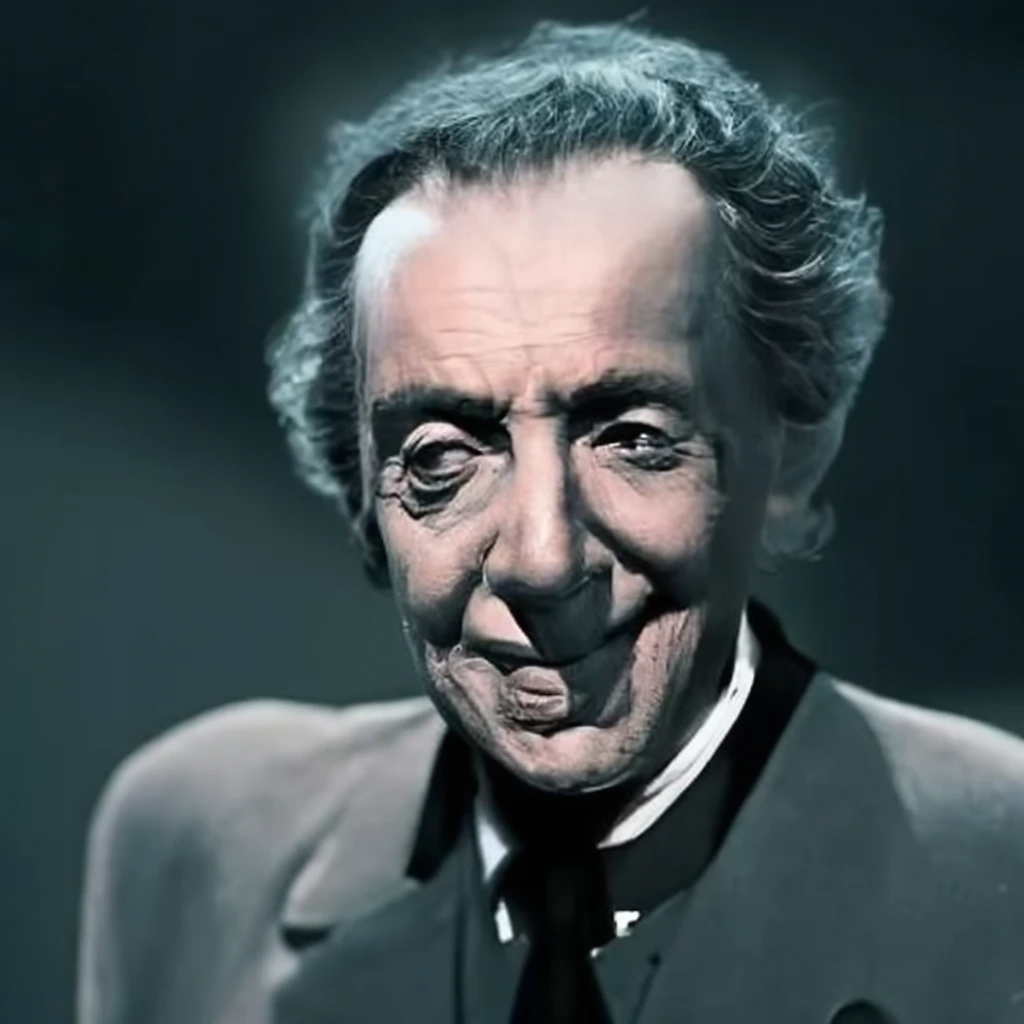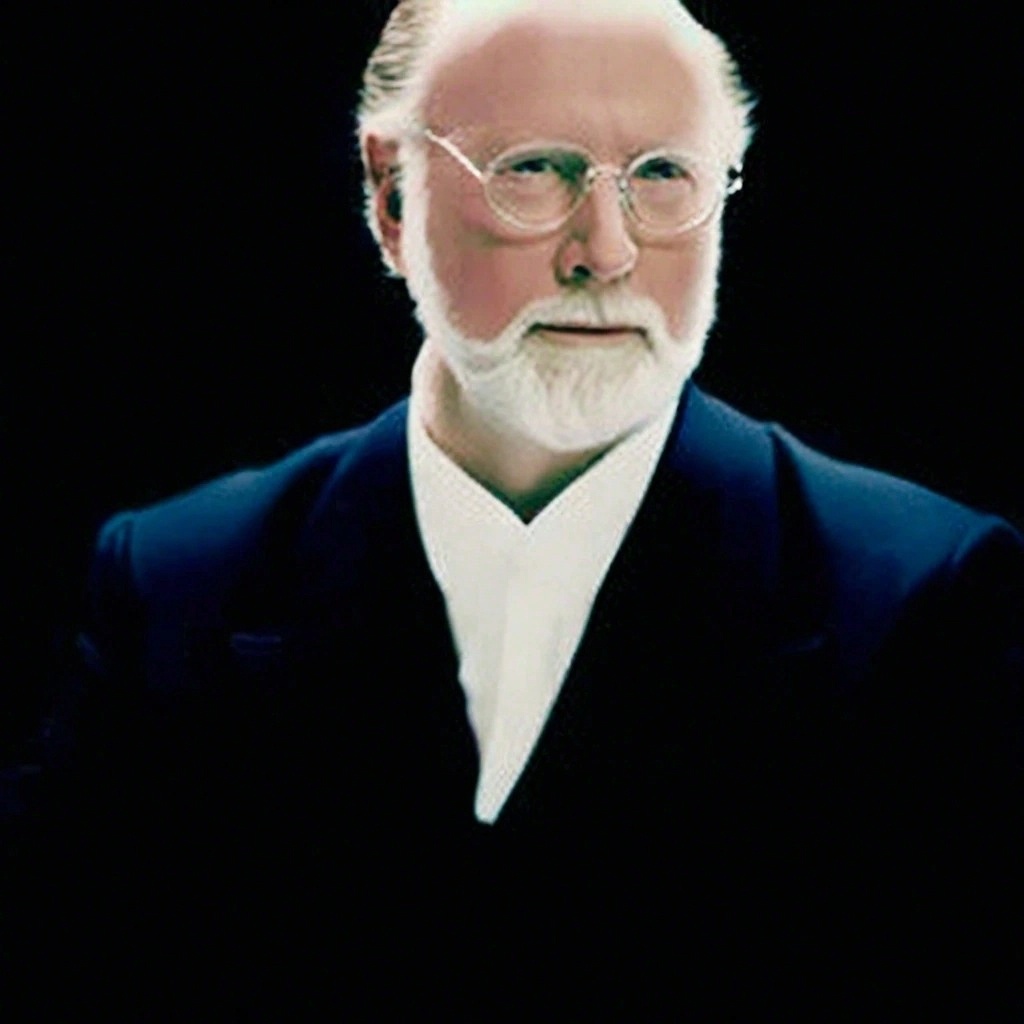Elmer Bernstein: A Maestro of Film Music
Elmer Bernstein, celebrated as one of the titans of film composition, left an indelible mark on cinematic history with his emotive scores and innovative approach to storytelling through music. Across a prolific career spanning decades, Bernstein’s music became synonymous with cinematic excellence, elevating narratives and captivating audiences worldwide. In this comprehensive exploration, we journey through the life, music, and lasting legacy of Elmer Bernstein, delving into his profound influence on the art of film scoring and his enduring impact on the broader landscape of music.
Elmer Bernstein was not just a composer of music for film; he was a visionary whose compositions resonated deeply with audiences, enhancing the emotional impact of the stories they accompanied. Born on April 4, 1922, in New York City, Bernstein was raised in a household that valued music and artistic expression. His parents, Edward and Selma Bernstein, fostered a nurturing environment that encouraged his early musical pursuits. From a young age, Bernstein displayed a natural talent for music, mastering the piano and exploring various musical styles and genres. His formative years laid the groundwork for a career that would revolutionise the world of film music and earn him widespread acclaim as one of the most influential composers of the 20th century.
**Background and Early Life:**
Elmer Bernstein’s journey into the world of music began in his childhood, where he was immersed in a rich tapestry of musical influences. Raised in New York City, Bernstein was exposed to a diverse array of musical styles, from classical to jazz, which would later inform his eclectic compositional approach. His parents, Edward and Selma Bernstein, encouraged his musical pursuits from an early age, recognising his innate talent and passion for music. Bernstein’s formal musical education began with piano lessons at the age of six, laying the foundation for his future career as a composer.
As Bernstein matured, his musical interests expanded beyond the confines of classical music, encompassing jazz, Broadway, and film scores. He studied at the Walden School and later attended the New York University School of Music, where he further honed his skills in composition and orchestration. It was during these formative years that Bernstein began to explore the intersection of music and storytelling, a theme that would define his later work in film scoring. Through dedication, hard work, and a relentless pursuit of excellence, Bernstein emerged as a promising young composer poised to make his mark on the world stage.
Musical Style and Genre
Elmer Bernstein’s musical style is characterised by its versatility, innovation, and emotional depth. Drawing from a wide range of influences, including classical, jazz, and folk music, Bernstein developed a distinctive voice that defied easy categorisation. His compositions often featured lush orchestrations, rich harmonies, and memorable melodies that captured the essence of the films they accompanied. Whether scoring epic dramas, intimate character studies, or lighthearted comedies, Bernstein demonstrated a keen understanding of narrative and character, using music to enhance the emotional impact of each story.
Bernstein’s versatility as a composer allowed him to seamlessly transition between genres, from sweeping orchestral scores to intimate chamber music and everything in between. His ability to evoke a wide range of emotions through music made him a sought-after collaborator for filmmakers across the globe. Bernstein’s compositions were characterised by their melodic beauty, harmonic richness, and rhythmic vitality, reflecting his deep understanding of music theory and his mastery of compositional techniques. From the haunting melodies of “To Kill a Mockingbird” to the rousing themes of “The Magnificent Seven,” Bernstein’s music captured the imagination of audiences and solidified his reputation as one of the preeminent composers of his time.
Career Highlights
Elmer Bernstein’s career was marked by a series of remarkable achievements and milestones that solidified his status as a preeminent figure in film music. His breakthrough came in 1955 with his score for “The Man with the Golden Arm,” which earned him his first Academy Award nomination for Best Original Score. Bernstein’s collaboration with director John Sturges on “The Magnificent Seven” produced one of the most iconic and enduring film scores of all time, featuring a memorable main theme that has become synonymous with the Western genre. Other highlights include his work on “To Kill a Mockingbird,” “The Great Escape,” “Ghostbusters,” and “Far from Heaven,” each showcasing his remarkable talent and versatility as a composer.
Throughout his career, Bernstein collaborated with some of the most respected directors and filmmakers in the industry, including Martin Scorsese, Alfred Hitchcock, and Sidney Lumet. His ability to tailor his music to the specific needs of each film and director set him apart as a composer of extraordinary talent and versatility. Bernstein’s scores were characterised by their ability to enhance the emotional impact of the films they accompanied, elevating the storytelling and immersing audiences in the world of the film. From the stirring brass fanfares of “The Great Escape” to the poignant strings of “To Kill a Mockingbird,” Bernstein’s music brought characters to life and captured the essence of their stories with unparalleled beauty and depth.
Impact and Influence:
Bernstein’s impact on the world of music and cinema extends far beyond his own compositions. His innovative approach to film scoring, his meticulous attention to detail, and his ability to evoke deep emotional responses through music have inspired generations of composers and filmmakers to follow in his footsteps. Bernstein’s advocacy for film music as a legitimate art form helped elevate the status of composers within the industry, paving the way for future generations of film composers to receive the recognition they deserve. His influence can be seen in the work of contemporary composers such as John Williams, Hans Zimmer, and Alexandre Desplat, who cite Bernstein as a major influence on their own careers.
In addition to his contributions to film music, Bernstein’s legacy lives on through his work as an educator and mentor to aspiring composers. Throughout his life, Bernstein was passionate about sharing his knowledge and experience with the next generation of musicians, teaching master classes and serving as a mentor to young composers. His commitment to nurturing talent and fostering creativity has had a lasting impact on the world of music, inspiring countless artists to pursue their dreams and push the boundaries of their craft.
Personal Life and Public Image
In addition to his achievements in music, Elmer Bernstein was known for his warmth, generosity, and unwavering dedication to his craft. Despite his towering presence in the world of film music, Bernstein remained humble and approachable, earning him the respect and admiration of colleagues and collaborators alike. His commitment to artistic integrity and his willingness to push the boundaries of convention set a standard of excellence that continues to inspire artists to this day.
Beyond his musical talents, Bernstein was a devoted husband and father who cherished his family above all else. He was married to his wife, Pearl Glusman, for over six decades and was the proud father of three children. Despite the demands of his career, Bernstein always made time for his family, cherishing the moments spent together and instilling in his children a love of music and the arts. His devotion to his family and his unwavering support were a source of strength and inspiration to all who knew him, and his legacy lives on through the love and admiration of his family, friends, and fans.
Discography or Body of Work:
studies, Bernstein’s scores enhanced the narrative and elevated the cinematic experience for audiences around the world. Some of his most notable works include “The Magnificent Seven,” “To Kill a Mockingbird,” “The Great Escape,” “The Ten Commandments,” and “Ghostbusters,” each showcasing his remarkable talent and versatility as a composer.
In addition to his film scores, Bernstein also composed music for television, theatre, and concert hall performances, further demonstrating his range and versatility as a composer. His concert works, including symphonies, concertos, and chamber music, have been performed by orchestras around the world, earning him acclaim as a composer of classical music. Bernstein’s diverse body of work continues to inspire and captivate audiences, ensuring that his legacy as one of the greatest composers of the 20th century will endure for generations to come.
Legacy and Cultural Impact
Elmer Bernstein’s legacy as one of the greatest composers of the 20th century is firmly established, thanks to his groundbreaking contributions to film music and his enduring impact on the wider world of music and culture. His innovative approach to composition, his unwavering commitment to artistic excellence, and his ability to connect with audiences on a profound emotional level ensure that his music will continue to resonate and inspire for generations to come.
Bernstein’s influence extends beyond the realm of film music, permeating popular culture and leaving an indelible mark on the broader landscape of music and entertainment. His iconic scores have become synonymous with some of the most beloved films of all time, ingrained in the collective consciousness of audiences around the world. From the triumphant fanfares of “The Great Escape” to the haunting melodies of “To Kill a Mockingbird,” Bernstein’s music has become part of the fabric of our cultural heritage, transcending time and space to touch the hearts and minds of listeners everywhere.
Fanbase and Community
The enduring appeal of Elmer Bernstein’s music has cultivated a devoted fanbase and vibrant community of enthusiasts who continue to celebrate his legacy and champion his work. From online forums and social media groups to fan events and tribute concerts, Bernstein’s fans come together to share their love for his music and to honour his contributions to the world of music and cinema. Through their passion and dedication, Bernstein’s music lives on, ensuring that his legacy remains alive and vibrant in the hearts and minds of fans around the world.
Conclusion
In conclusion, Elmer Bernstein’s impact on the world of music and cinema is immeasurable, thanks to his groundbreaking compositions, his innovative approach to film scoring, and his enduring legacy as a visionary artist. From his early days as a prodigious young musician to his legendary status as one of the most celebrated composers in the history of film music, Bernstein’s music continues to inspire and captivate audiences around the world, leaving an indelible mark on the cultural landscape for generations to come.






